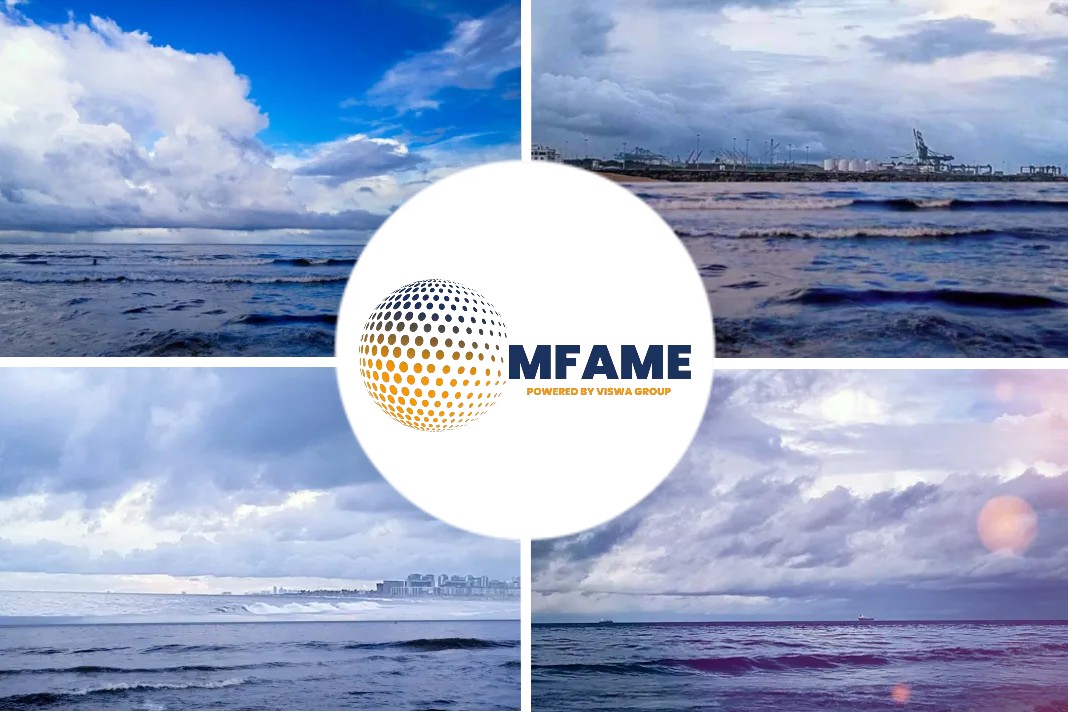There’s been a lot of talk about carbon-neutral LNG in recent weeks. It’s all fake news, argues Wijnand Stoefs, shipping policy officer at Carbon Market Watch.
So-called carbon-neutral liquefied natural gas (LNG) is the new kid on the block when it comes to fake climate credentials. The number of deals across the world is growing at an alarming pace. This greenwashing trend is wrong at many levels, reports splash247.
Highly Polluting Business Model
First, let’s be clear that we’re not talking about a new or different type of fossil fuel that does not emit greenhouse gases. It is the exact same product as regular LNG. But it is sold together with carbon offsets to supposedly compensate for the climate destruction caused by the production, transportation and consumption of LNG.
Take last year’s shipment from Total to CNOOC (respectively a French and Chinese oil company). Total and CNOOC bought carbon credits from a Chinese wind farm to compensate for their own continued trade in fossil fuels. This particular wind farm was built a decade ago, meaning that the credits did nothing to actually reduce emissions when the deal was signed nor will they do so in the future. In this story, a fossil fuel giant is trying to encourage others to switch to renewables while sticking to its own highly polluting business model.
Offset Credits
Cheap renewable energy carbon offset credits are not the only product on the market. In fact, the above-mentioned deal also includes credits from forestry, which are at least as problematic. Planting or protecting trees to justify burning fossil fuels basically means that you shift carbon from very secure storage sites – fossil underground – to highly vulnerable and reversible ones – trees in a forest.
It includes massive uncertainties when it comes to accounting. And it comes with risks for local communities who depend on forests for their livelihoods. Forests are also increasingly vulnerable to climate change impacts, and a forest planted to offset emissions can, for example, go up in smoke in wildfires.
Lifecycle Emissions of an LNG Shipment
There is currently no consensus on how to calculate the total lifecycle emissions of an LNG shipment. In many cases, companies don’t mention how many credits they have purchased to offset their emissions. One estimate puts the total emissions from all 2019 LNG shipments at around 1.5GtCO2e. We’re hence talking about 1.5bn carbon offsets needed to compensate for all that pollution. It is simply not realistic to have this volume of offsets available, nor is it desirable. Royal Dutch Shell alone is claiming 50m hectares of land for tree planting to compensate for continued fossil fuel production and consumption. This is the equivalent of the size of Spain.
Reduce Pollution ?
When it comes to ‘voluntary’ climate action through offsetting by private companies, we should also ask the question: are these companies doing everything they can to reduce pollution and relying on offsets only for those emissions that they cannot avoid? Or are they doing what they consider as the bare minimum to satisfy their customers and perhaps to convince policymakers that there is no need for new regulation?
Carbon-neutral LNG is only a part of the gas industry’s relentless push to market its product as an important part of the transition towards a sustainable world. As otherworldly as these can be – like paying teenage influencers to extol the virtues of cooking with gas – they are also dangerous and can have long term consequences on policymaking.
Green Finance
The EU is currently considering the inclusion of gas as a “sustainable” activity eligible to receive green finance under its new finance taxonomy.
There are readily-available, economically viable technologies, such as wind and solar, to generate energy without the use of fossil fuels (including LNG) today. There’s a vast potential to save energy and focus on energy-efficiency in the first place. Fossil fuels have no role to play in a decarbonised world, and relying on offsets to artificially green their credentials is nothing but an attempt to mislead consumers. The atmosphere cannot be fooled. We all need to reduce emissions and we need to do it fast.
Did you subscribe to our daily newsletter?
It’s Free! Click here to Subscribe!
Source: Splash247

















